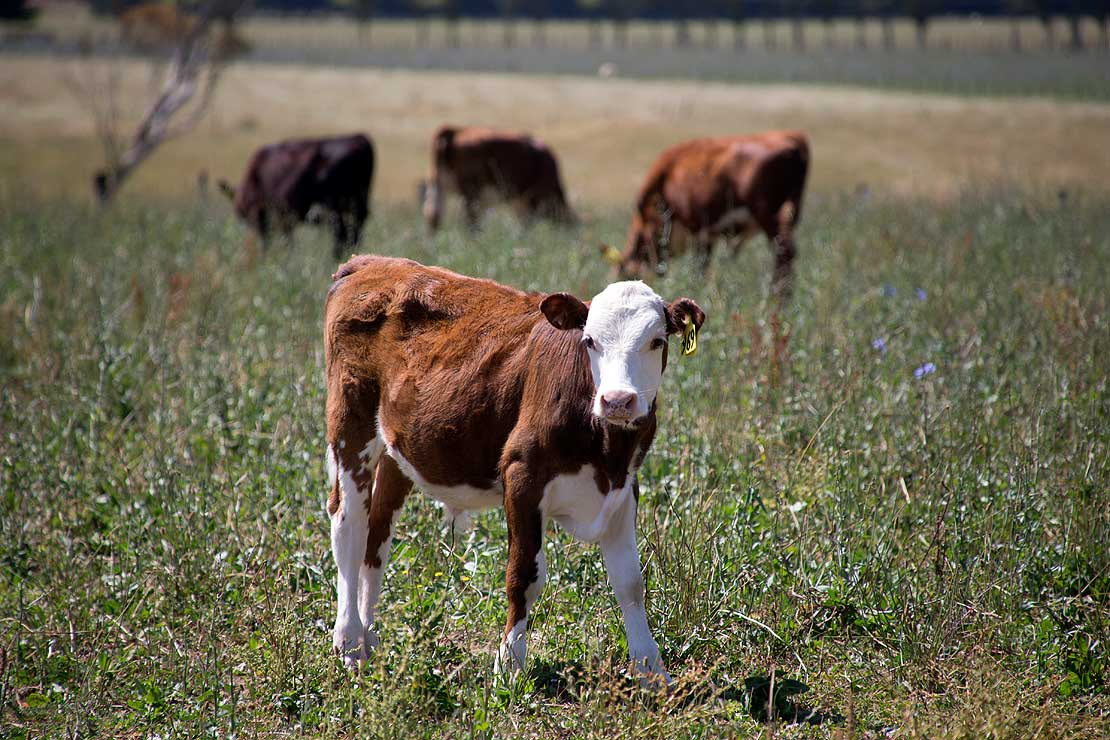AgResearch scientists say they believe they have identified a new way to make infant formula more like breast milk and better for babies, using ingredients that could enhance brain development and overall health.
They say research into this next-generation infant formula could create new opportunities for New Zealand’s primary industries in a global market worth tens of billions of dollars annually.
With funding over three years recently announced from the government’s 2021 Endeavour Fund, AgResearch scientists Simon Loveday and Caroline Thum, along with collaborators from Massey and Monash Universities, aim to enhance the “human-ness” of infant formula produced from New Zealand ingredients.
“We’ve recently discovered a new natural source of nutritional oil that is surprisingly similar to the fat in breast milk,” Dr Thum says.
“We will be combining this new nutritional oil with dairy phospholipids (a special kind of fat) in response to recent evidence that this component of milk enhances babies’ brain development. Fortunately, phospholipids are abundant in buttermilk, which is a by-product of butter production.”
“We’ll then test our next-generation formula ingredient in the laboratory using equipment that simulates the conditions inside a baby’s digestive system. This will tell us how well the new combination is digested, compared to conventional infant formula. We aim to show improved fat and calcium absorption, in addition to the positive effect of the phospholipids for brain development.”
With the global markets for infant formula and baby foods expected to continue their strong growth, new products that provide a health advantage are in high demand.
Dr Loveday says the new funding will allow the researchers to explore a new high-value opportunity for New Zealand’s primary sector and contribute to New Zealand’s global reputation as a source of naturally healthy foods.
Source: AgResearch












